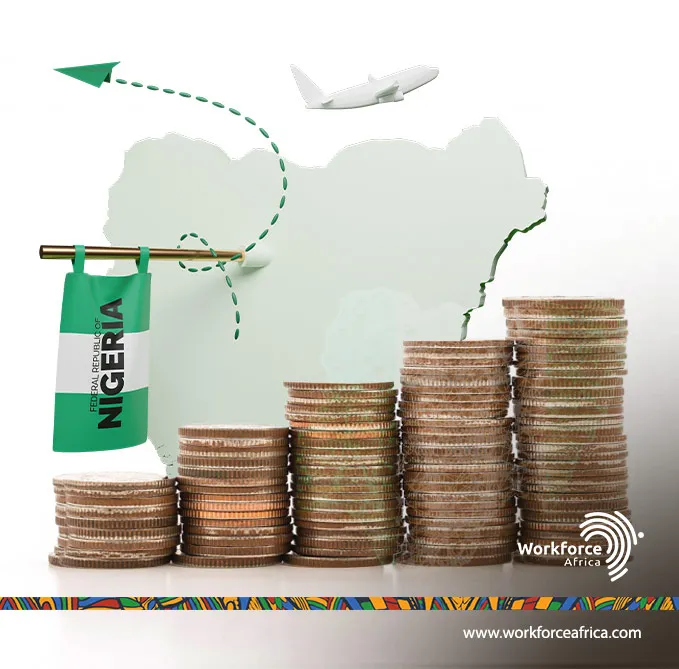Nigeria’s mining sector is experiencing a major turnaround as the federal government announces a six-fold increase in revenue and over $800 million in foreign investment. This significant progress comes as a result of recent reforms under President Bola Tinubu’s administration, aimed at positioning solid minerals as a key driver in the country’s economic diversification strategy.
Minister of Solid Minerals Development, Dr. Dele Alake, disclosed that the sector’s revenue surged from ₦6 billion in 2023 to ₦38 billion in 2024, despite only 18 percent of the ₦29 billion budgeted for the ministry being utilized. He described the leap as “exponential,” attributing it to the government’s reform efforts which are now producing measurable outcomes. “It confirms that with the right strategy, we can unlock the full potential of Nigeria’s vast mineral wealth,” he said.
A cornerstone of the new reforms is the requirement for in-country value addition. The federal government has banned the direct export of raw minerals, mandating that all extracted materials must be processed to some extent within Nigeria before they can be exported. Alake made it clear that the era of transporting raw resources “from pit to port” was over. He emphasized that this approach is designed to increase job creation, stimulate industrial development, and retain more value from the country’s natural resources.
The minister further revealed that Nigeria had attracted $800 million in foreign direct investment through two major lithium-related projects. These include a $600 million investment for a state-of-the-art lithium processing facility along the Kaduna-Niger border and a $200 million refinery near Abuja. Both facilities are nearing completion and are expected to begin operations soon. In addition, two other lithium processing plants in Nasarawa State are scheduled to be commissioned before the third quarter of 2025.
To build a foundation for long-term development in the sector, the government is launching a ₦1 trillion mineral exploration initiative aimed at generating accurate geological data. Alake described this as a historic move, pointing out that Nigeria had previously spent only $2 million on exploration, in stark contrast to Ghana’s investment of over $100 million. He stressed that without proper data, serious investment would remain limited and the country would be unable to unlock the full value of its mineral wealth.
Security and regulation have also been key focus areas. Over 300 illegal miners have been arrested, with 150 undergoing prosecution and nine already convicted. Alake stated that some of the convicted individuals are foreign nationals. He added that the government has acquired drones to improve surveillance and curb illegal mining activities nationwide.
Part of the government’s strategy includes the formalization of artisanal miners. More than 250 mining cooperatives have been registered so far, giving small-scale miners access to legal protection, financing opportunities, training, and government-recognized revenue sharing models. Alake said this was an important step in converting informal mining activities into organized, economically beneficial enterprises.
Nigeria’s leadership in mining reform has also gained international recognition. The country now chairs the African Mineral Strategy Group, giving it influence in shaping continental policies on value addition and responsible mineral trade. According to Alake, countries such as the United States, United Kingdom, Saudi Arabia, and the United Arab Emirates have all expressed interest in Nigeria’s mining sector due to the reforms and the government’s strong stance on accountability and sustainability.
Looking ahead, the government is confident that the mining sector can become a pillar of the national economy, reducing reliance on oil, driving industrialization, and generating sustainable employment across Nigeria. “This is just the beginning,” Alake said. “We’re building a mining industry that works for Nigeria, now and for generations to come.”

